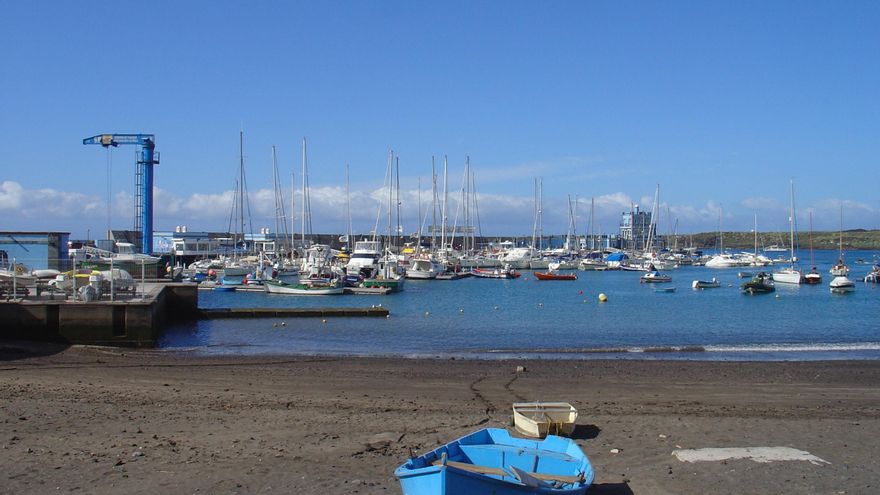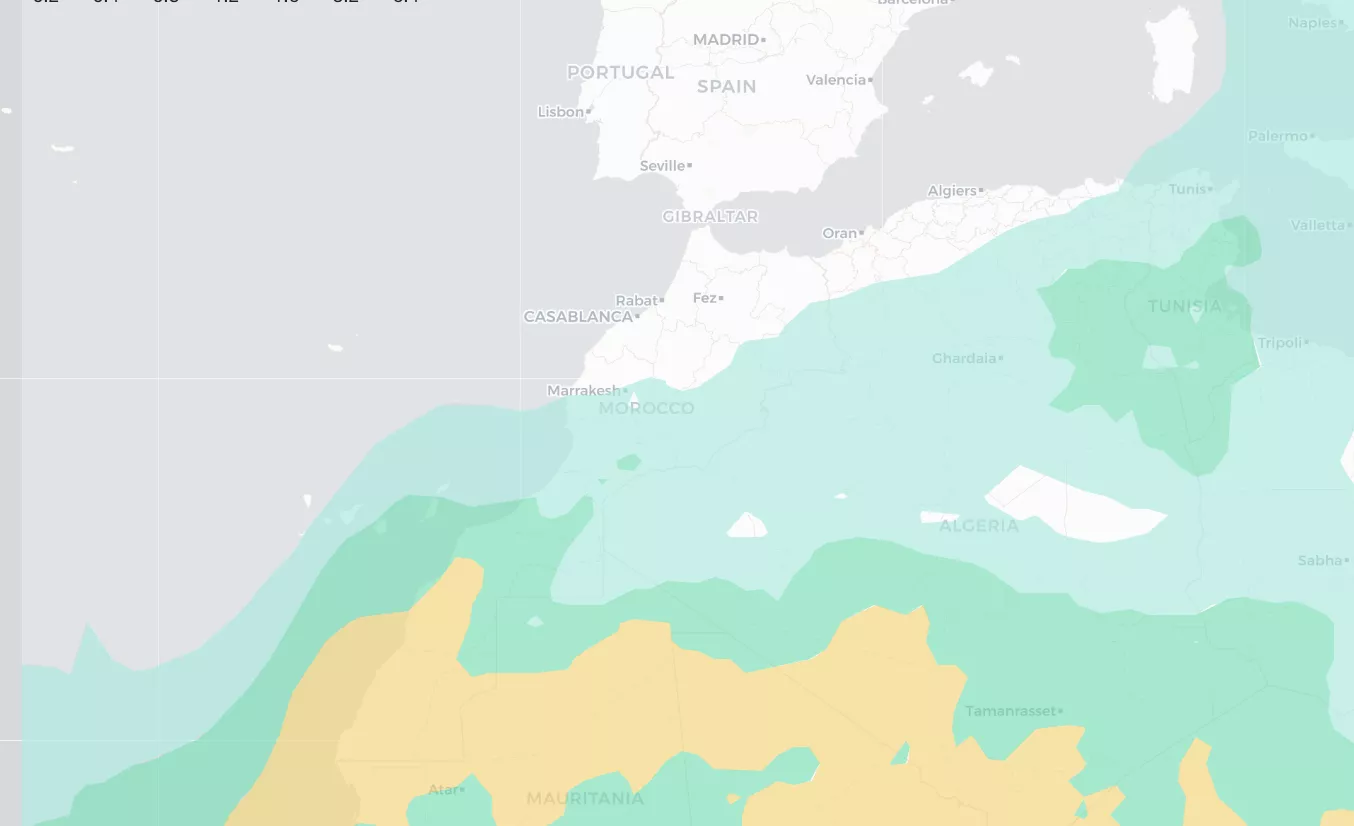The Ministry of Housing has instructed digital property platforms to cease advertising 8,698 tourist apartments in the Canary Islands, deeming them “illegal.”
According to a statement released by the Ministry on Sunday, these accommodations have applied for the mandatory registration number but have not obtained it due to failing to meet legal requirements and are classified as revoked.
The department, led by Isabel Rodríguez, reminds that since last August, registrars, the Ministry, and platforms have been sharing data through the Single Digital Window, initiated to “eliminate fraud in temporary accommodations.”
As of 1 January this year, the registration process has received 336,497 applications across Spain, of which 78.75% pertain to tourist rentals.
Of these, the Ministry has reported 53,876 illegal tourist apartments—8,698 in the Canary Islands—representing 20.3% of the total, to platforms for the removal of their online listings.
The Canary municipalities with the highest number of rejected tourist apartment applications are: Adeje (Tenerife), with 765, and San Bartolomé de Tirajana (Gran Canaria), with 637.
Following these are Puerto de La Cruz (Tenerife), with 531, La Oliva (Fuerteventura), with 484, Yaiza (Lanzarote), with 442, and Santa Cruz de Tenerife, with 259.
The Canary Islands is the second autonomous community, after Andalusia, with the most revoked applications.
The Ministry of Housing specifies in its note that the Community of Madrid “is the major anomaly within the registrations,” as the percentage is reversed: 83% of the apartments that have applied for registration did so as temporary rentals, while only 17% applied as tourist accommodations.
If a code is revoked, it means that the College of Registrars has received the application, but that application contained incomplete data or did not comply with the current regulations for the intended activity and was not corrected within a timely manner.
Through the registration and the Single Digital Window, the Ministry of Housing aims to “preserve the social function of housing and combat illegal tourist apartments, which displace families from their neighbourhoods and blur the identity of cities,” the note emphasizes.














